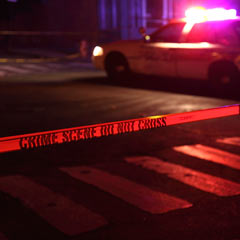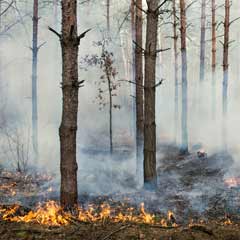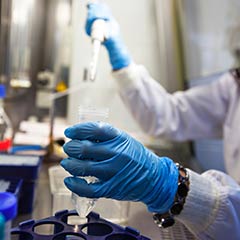 How to Become
How to Become
Even if you’re familiar with some of the different careers in forensics, you may not know the specific paths that lead to them, or the options and decision points that present themselves along the way. So, we’ve carved out a section of our blog to provide very detailed, step-by-step, descriptions of how to become everything from a forensic accountant to a forensic psychologist. Like many career paths, forensics career paths can be complex and nuanced, and are rarely “one size fits all”, so we’ve attempted to break down the major decision points, and clarify the essential component skills, experiences, and educational qualifications for each path, along with the personality traits, likes and dislikes that might make one career a better fit than another.

How to Become a Forensic Psychiatrist
For those with the intelligence and focus to complete the steps to become a medical doctor and then complete residencies and fellowships that lead to the forensic psychiatrist specialty, this is a fascinating career. Keep reading to learn how one can become a forensic psychiatrist.

How To Become a Crime Scene Technician – Education & Certification Guide
For people seeking careers that are simultaneously challenging, meaningful, and exciting, it is tough to beat becoming a crime scene technician. These professionals, also known as forensic science technicians or crime scene analysts, have inspired a number of popular television programs such as CSI and Dexter.

How to Become a Criminal Profiler
Whether you are thinking of changing careers or are currently in school looking for the right career path, if you found your way here, you want to know how to become a criminal profiler. With the proliferation of characters acting as profilers on television and in movies, the profession is certainly one that draws a lot of attention.

How to Become a Fire Investigator
Fire investigators, also known as arson investigators, perform an invaluable service to society: they determine the causes of fires, and when necessary, whether a criminal act of arson was involved. These professionals employ both the skills of a scientist and those of a detective in their investigations.

Forensic toxicologists work in laboratories, often those operated by government agencies or law enforcement, to identify chemicals and compounds that could have contributed to crimes or have other administrative or legal consequences. This can include identifying illicit substances in bodies that may have been the victims of foul play, performing administrative drug testing, or identifying hazardous chemicals in the environment.

At the intersection of medical and legal matters is where the work of a forensic pathologist begins. Known as “death detectives,” forensic pathologists are specially-trained physicians tasked with determining the cause of unexpected or violent deaths.

How to Become a Forensic Science Technician
Forensic science technicians have a regular presence at crime scenes, aiding in the process of criminal investigations under a crime scene leader or field supervisor. The role involves helping to collect, document, and analyze evidence and submitting it to the crime laboratory.

How to Become a Forensic Counselor
A forensic counselor’s decisions can drastically alter the course of someone’s life and that’s one of the reasons why rigorous academic and licensure requirements are in place for this profession.



